- UEC announces 1,025 MPs elected in 2025 general elections
- Junta tightens travel restrictions on Arakanese people in mainland Myanmar
- Regime steps up offensive toward Arakan State via Ayeyarwady coastal route
- Elderly IDP killed, two others injured in junta airstrike on Kyaukphyu village
- AAPP urges urgent international action as junta crimes against humanity escalate
More than 100,000 people affected by storm in Pauktaw Twsp
There are 178 villages across 58 village-tracts in Pauktaw Township, with the cyclone affecting over 100 villages within 46 village-tracts, including killing thousands of cattle.
22 May 2023
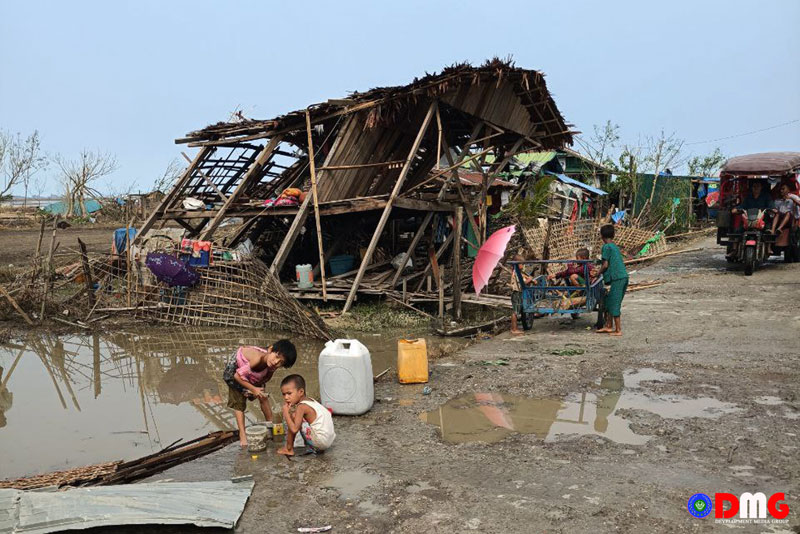
DMG Newsroom
22 May 2023, Pauktaw
More than 28,000 houses were damaged or destroyed and over 100,000 people were affected by Cyclone Mocha in Arakan State’s Pauktaw Township, according to sources close to the township’s General Administration Department.
There are 178 villages across 58 village-tracts in Pauktaw Township, with the cyclone affecting over 100 villages within 46 village-tracts, including killing thousands of cattle.
So far, the regime has only supplied quotas of rice to households in urban wards and some rural villages, said former Pauktaw Township lawmaker U Aung Kyaw Htwee.
“[The regime] has supplied only a little rice, but has not yet provided shelter for the affected people,” he said.
Many riverside homes and houses on the outskirts of Pauktaw town were damaged, as were departmental buildings and the local hospital.
The storm damaged more than 500 out of 610 houses in Let Pan Pyar Village in Pauktaw Township, with more than 60 houses completely destroyed.
Many people who were left homeless by the storm cannot afford to rebuild their houses due to the rising price of construction materials. The prices of building supplies and foodstuffs have soared in the aftermath of the cyclone, said administrator U Aung Kyaw Nyunt of Let Pan Pyar Village.
“They will run into serious trouble if it rains. They urgently need shelter and food,” he told DMG.
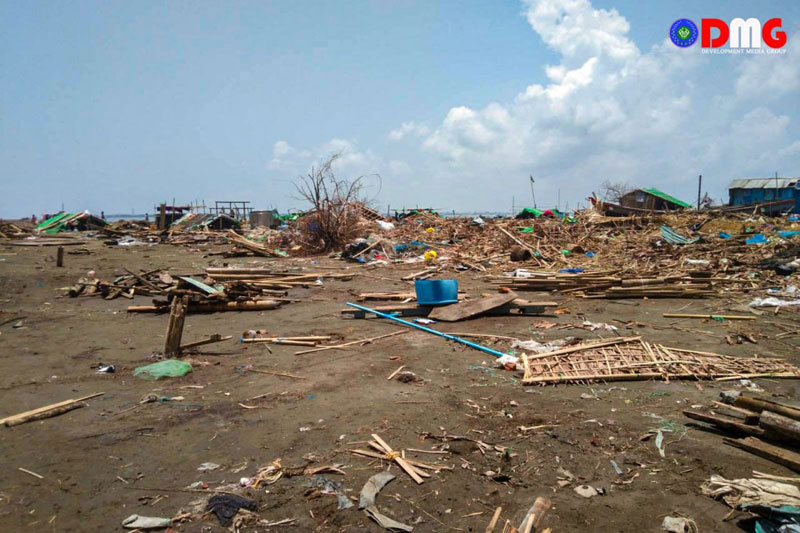
Farming and fishing constitute the primary economic engines in Pauktaw Township. Many fishing trawlers, and silos for rice and grains stored for cultivation, were damaged by the storm, with repercussions for the livelihoods of many local residents.
People who have lost their homes in the storm have been forced to take shelter in monasteries and the houses of other people fortunate enough to have dwellings still standing.
“Around 90 percent of buildings were damaged on Ingarachai Island,” said U Oo Tun Win, a resident of Mauk Pyar Village in Pauktaw Township. “No organisation has come and provided us with assistance so far. Our rice was ruined by the cyclone, and food prices are increasing. Things have gone beyond our control.”
Many affected people in Arakan State have complained of barely receiving any assistance from authorities or social organisations more than a week after the cyclone made landfall over Arakan State on May 14. The cyclone has worsened the economic challenges for vulnerable communities in Arakan State already suffering from grinding poverty.
The regime should take steps to ensure assistance reaches storm victims promptly, said U Aung Kyaw Htwee.
“[Myanmar’s military regime] should allow donors to make donations directly so that assistance reaches the affected people as quickly as possible,” he said.
According to junta-controlled media, 1,156,796 people were affected by Cyclone Mocha in Arakan State, with financial losses totalling nearly 4.7 billion kyats.




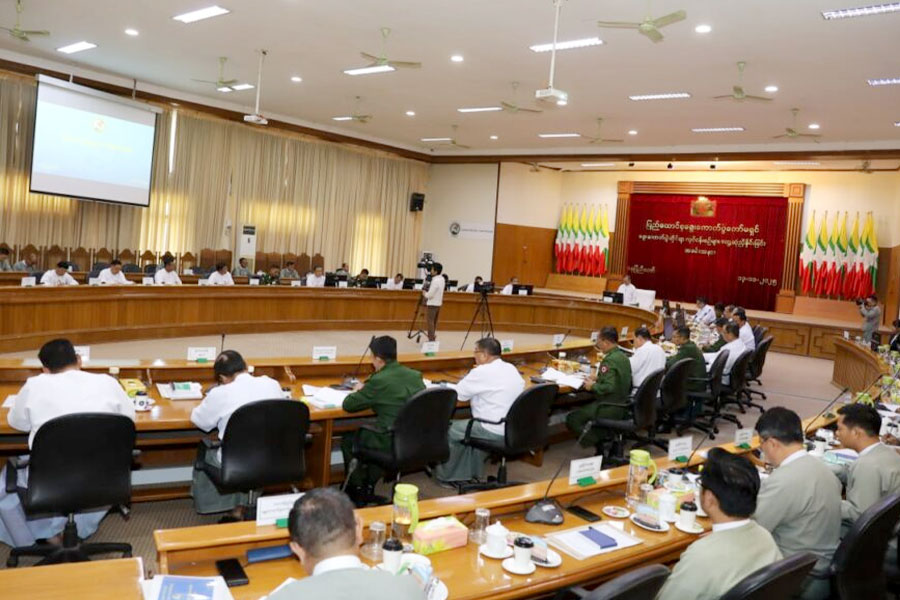

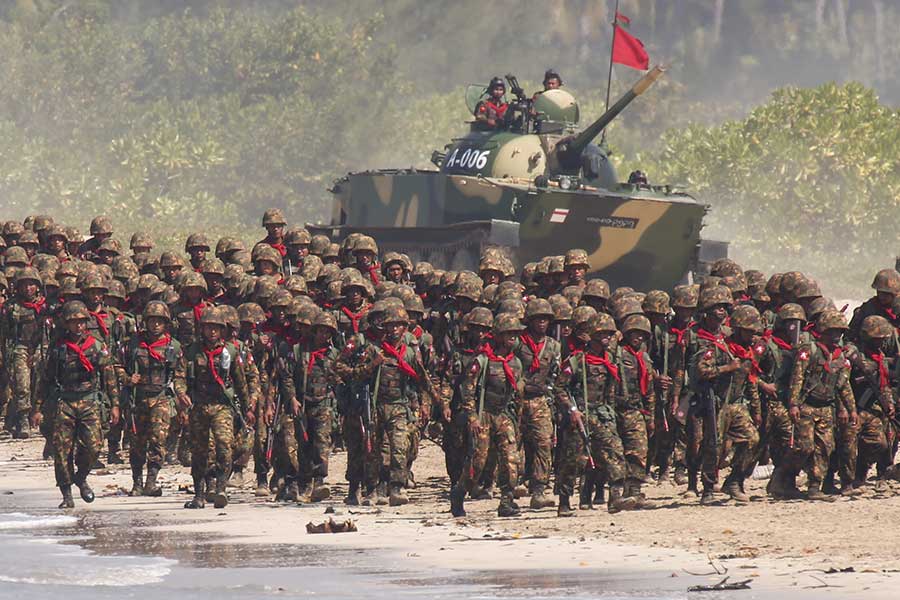
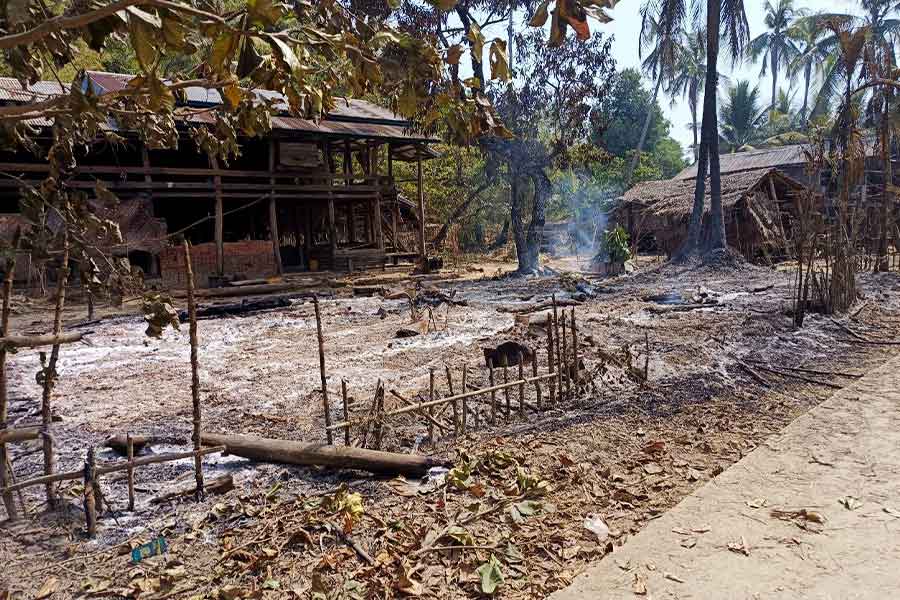
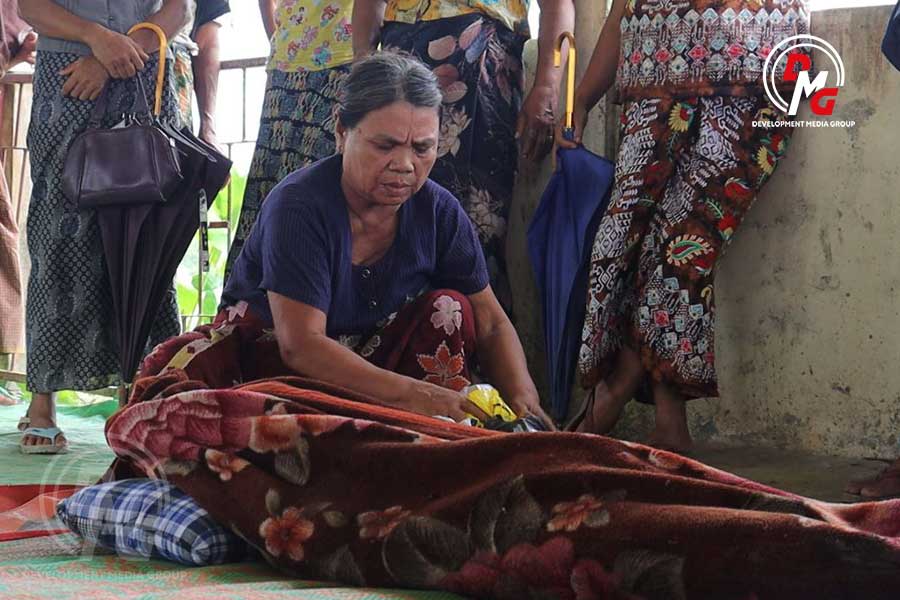






.jpg)

